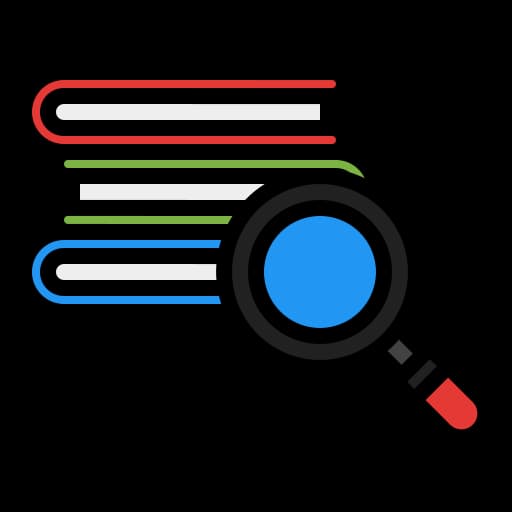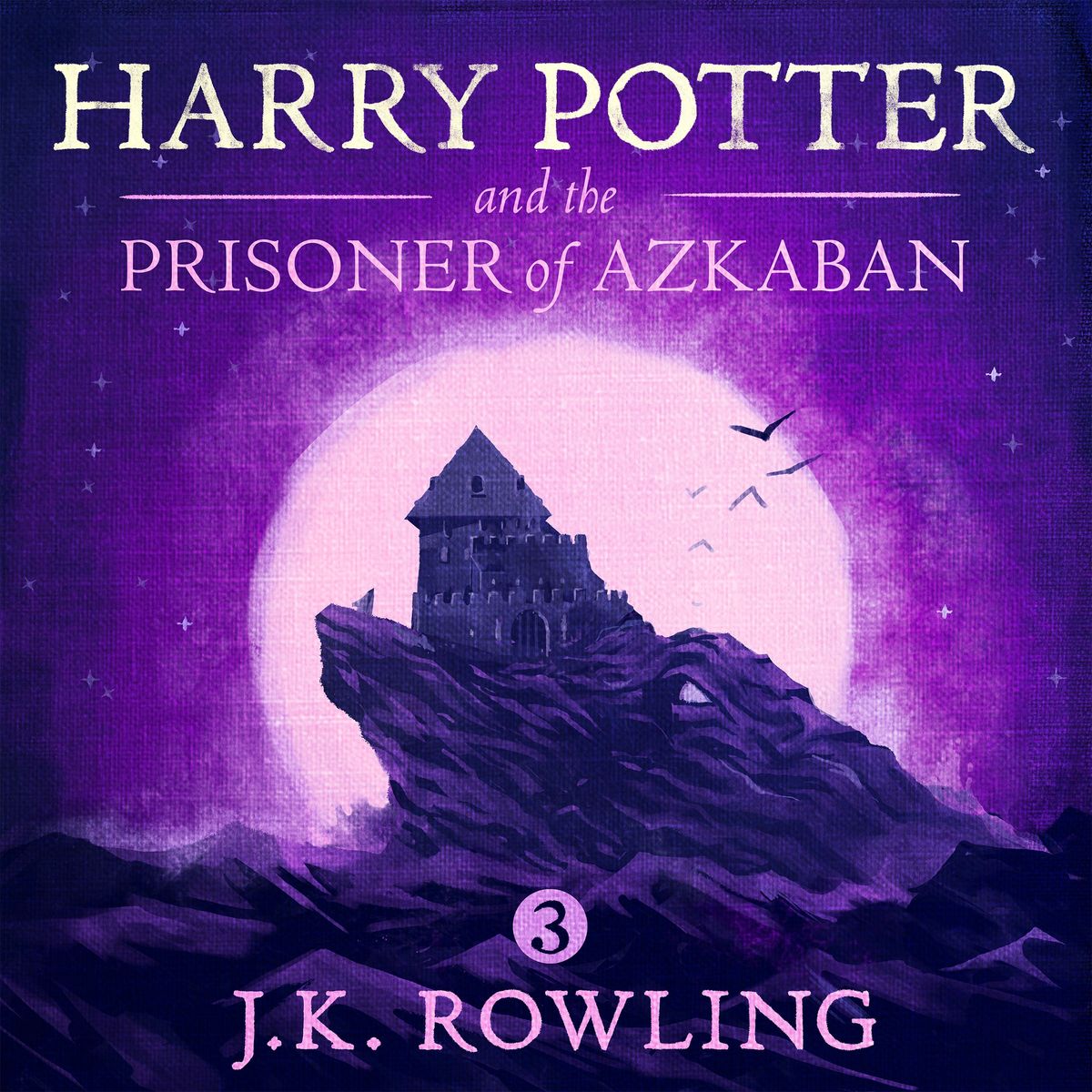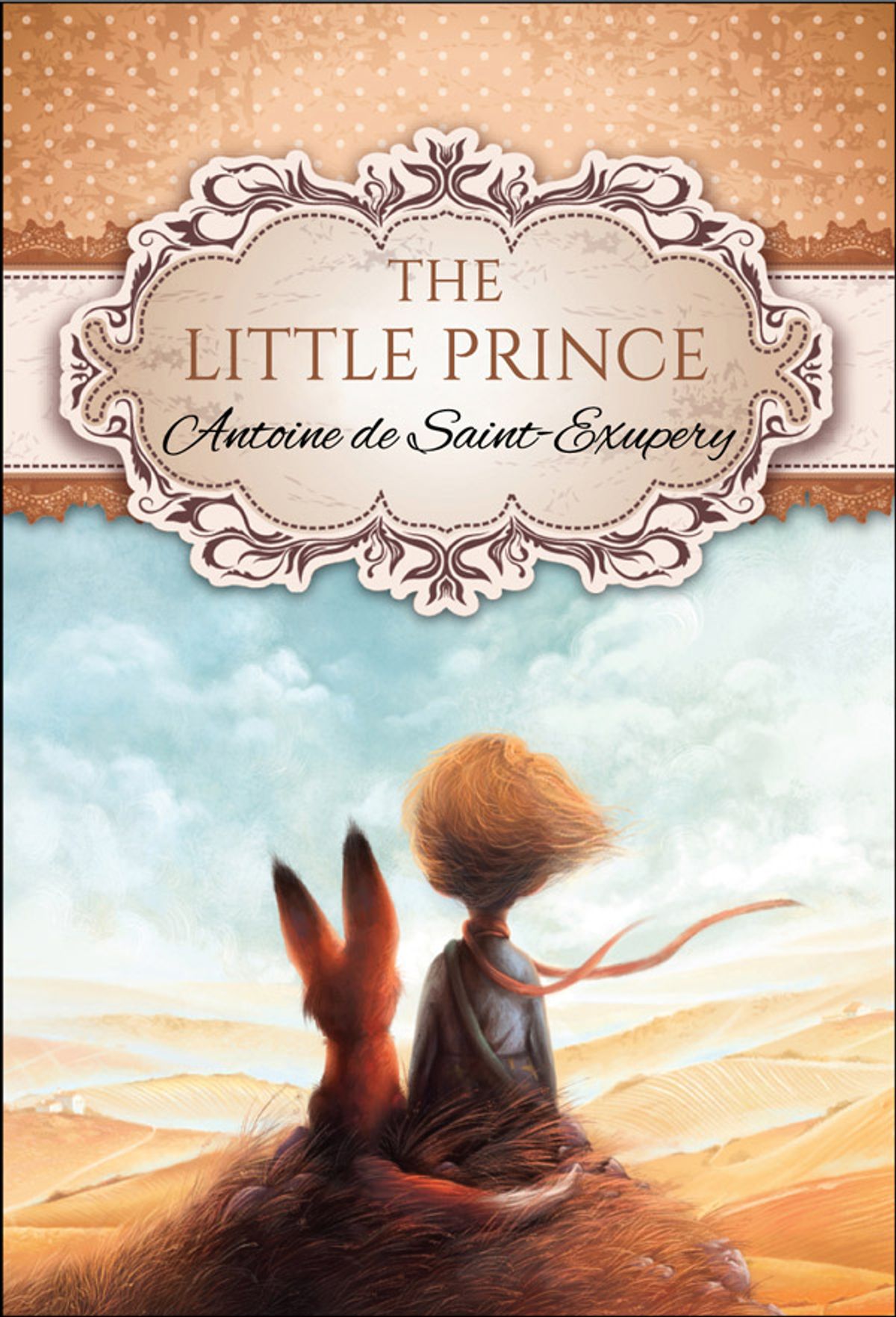
In today’s digital age, where first impressions hold more significance than ever before, the art of storytelling plays a pivotal role in shaping our personal and professional narratives. Whether you are an avid book enthusiast or a job seeker, the ability to craft compelling stories is a skill that bridges these seemingly distinct realms. However, if you find yourself encountering difficulties when composing your resume, do not hesitate to reach out to specialized services, such as https://resumewebsite.org/. They are always ready to assist you in creating a high-quality resume.
In this exploration of narrative prowess, we will unravel the fascinating parallels between the artistry of book reviews and the strategic craft of resume writing. You might wonder how these two domains converge, but rest assured, the connection is profound and insightful. Just as a captivating book review draws readers into a world of words, an exceptional resume has the power to captivate potential employers, showcasing your unique story and qualifications.
So, whether you’re an aspiring book reviewer looking to sharpen your storytelling skills or a job seeker aiming to stand out in a competitive market, this article is your guide to discovering the common ground where narratives come to life. We’ll delve into the intricacies of storytelling, identify transferable skills, and offer practical tips to elevate your storytelling game in both realms.
Crafting a Compelling Narrative in Book Reviews
In the world of book reviews, crafting a compelling narrative is akin to painting a vivid picture with words. It’s about more than just summarizing a book; it’s an art form in itself. A great book review transports readers into the author’s world, allowing them to feel the characters’ emotions, sense the atmosphere, and experience the plot twists as if they were there themselves. To achieve this, reviewers must skillfully blend their personal insights with an objective assessment of the book’s merits.
Every book enthusiast knows that a well-written review is more than a mere critique; it’s an invitation to embark on a literary journey. It’s a testament to the reviewer’s ability to connect with the text, extract its essence, and present it to others in a way that ignites curiosity and sparks conversation. The best book reviews resonate with readers, leaving them eager to delve into the pages of the discussed book.
Resume Writing as Storytelling
Much like an author weaving a narrative, resume writing is a form of storytelling with a professional twist. It’s the art of translating your career journey into a compelling narrative that resonates with potential employers. A resume should do more than list your qualifications; it should narrate your experiences, highlighting the skills and achievements that make you the ideal candidate for a specific role.
Your resume is your personal narrative in the professional world, and every section is a chapter that contributes to the larger story. The objective is not just to inform but to engage and persuade. A well-crafted resume tells the story of your career progression, showcasing your growth, adaptability, and value as an employee.
In this context, each job you’ve held becomes a plot point, each achievement a plot twist, and each skill a character trait. Effective resume writing involves selecting the most relevant details, arranging them coherently, and using language that compels employers to turn the page and invite you for an interview. It’s a narrative that, when done right, leads to the next exciting chapter in your professional journey.
Overlapping Skills: Analyzing Book Reviewing and Resume Writing

When we delve into the realms of book reviewing and resume writing, it may appear as though we’re navigating two entirely different worlds. However, upon closer examination, it becomes evident that these seemingly distinct disciplines share a common thread – a tapestry of skills that intertwine and enrich both endeavors.
In the world of book reviews, the ability to analyze and synthesize information is paramount. Reviewers must dissect complex narratives, discern underlying themes, and articulate their insights with clarity. This analytical prowess is not dissimilar to the skill required in resume writing. Crafting a resume involves distilling one’s career history into concise, impactful statements, highlighting key achievements, and showcasing qualifications in a way that resonates with potential employers.
Moreover, effective communication is at the heart of both book reviewing and resume writing. Book reviewers must convey their thoughts eloquently, engaging readers and conveying their understanding of the text. Similarly, a well-written resume must communicate your professional narrative persuasively, compelling hiring managers to consider you as the ideal candidate for a position.
Attention to detail is another shared attribute. Book reviewers meticulously scrutinize texts for plot holes, inconsistencies, and nuances. In the realm of resumes, attention to detail ensures accuracy in presenting one’s qualifications and experiences, leaving no room for misinterpretation.
Lastly, both book reviewing and resume writing demand creativity. While book reviewers explore the creativity of authors, resume writers must infuse creativity into the presentation of their professional journey. It’s the art of presenting familiar information in a fresh, compelling light.
In essence, the skills honed in book reviewing and resume writing are complementary. The ability to analyze, communicate, pay attention to detail, and infuse creativity into your work enhances your narrative prowess, whether you’re crafting literary reviews or professional resumes. These overlapping skills illustrate the remarkable common ground that exists between these seemingly disparate domains, showcasing the art of storytelling in its multifaceted beauty.
Stand Out with Unique Storytelling
In a world inundated with information and narratives, the key to leaving a lasting impression lies in your ability to stand out with unique storytelling. This axiom holds true whether you’re a book reviewer aiming to captivate readers or a job seeker seeking to engage potential employers through your resume.
For book reviewers, uniqueness emerges from your distinctive perspective and your ability to offer fresh insights into literature. Don’t be afraid to explore unconventional angles, challenge prevailing opinions, and infuse your personality into your reviews. It’s the unique voice and perspective you bring that will set your reviews apart, leaving an indelible mark on your readers.
Similarly, job seekers can stand out by infusing their resumes with a personal touch. While adhering to the conventions of a professional resume, look for opportunities to inject your personality and showcase what makes you unique. Share anecdotes of how you tackled challenges, overcame obstacles, or contributed innovatively to your previous roles. This humanizes your resume, making it more than just a list of qualifications but a compelling narrative of your professional journey.
Remember, it’s the distinctiveness in your storytelling that piques curiosity, fosters connection, and makes your work memorable. Whether you’re crafting book reviews or resumes, embracing your uniqueness as a storyteller can set you on the path to standing out in a crowded landscape.
Practical Tips for Aspiring Book Reviewers and Job Seekers
For those aspiring to be exceptional book reviewers or job seekers, practical tips can be invaluable in navigating these demanding arenas.
As a book reviewer, immerse yourself in diverse genres and writing styles. Expanding your literary palate not only broadens your perspective but also equips you with a wider range of references and comparisons for your reviews. Additionally, maintain consistency in your reviewing schedule to build your credibility and audience.
On the other hand, job seekers should invest time in customizing their resumes for each application. Tailor your resume to align with the specific requirements of the job, emphasizing relevant skills and experiences. Consider seeking feedback from peers or professionals to refine your resume further. And remember, networking plays a crucial role in the job search process, so actively engage with your professional network.
Furthermore, both book reviewers and job seekers can benefit from continuous learning. Stay updated with the latest trends in literature or your industry, and continuously hone your writing or professional skills. Finally, seek inspiration from successful book reviewers or professionals who have achieved career milestones; their journeys can offer valuable insights.
In conclusion, whether you’re delving into the world of book reviews or navigating the competitive job market, practical tips can serve as guiding lights on your path to success. Embrace your uniqueness as a storyteller, and let these practical strategies empower you on your journey.
Conclusion
In the grand finale of our exploration, we’ve uncovered the remarkable synergy between the worlds of book reviews and resume writing. We’ve seen how storytelling, a common thread, weaves its magic in both domains, captivating readers and employers alike. As we conclude this journey, it’s essential to reflect on the key takeaways.
The art of storytelling transcends boundaries, bridging the gap between literary appreciation and professional presentation. Whether you’re crafting a book review or a resume, the ability to engage, persuade, and connect through narrative is a powerful asset.
We’ve learned that the skills of analysis, communication, attention to detail, and creativity are overlapping attributes that enrich both book reviewing and resume writing. These skills, when honed, transform you into a narrative virtuoso, capable of crafting compelling stories that resonate.
As you embark on your own journeys, whether as a book reviewer delving into the world of literature or a job seeker navigating the competitive job market, remember the significance of unique storytelling. Your distinctive voice and perspective are your greatest assets, capable of leaving a lasting imprint on your readers and potential employers.
In this ever-evolving digital age, where the ability to tell a captivating story holds more significance than ever before, we hope you’ve found inspiration and guidance in the convergence of book reviews and resumes. Embrace your narrative prowess, and let it be the guiding force that propels you towards success in all your endeavors.
FAQ
Q1: Can I use storytelling techniques in my resume, and will it be effective?
A1: Absolutely! Storytelling techniques can enhance your resume by making it more engaging and memorable. Craft your professional experiences into a narrative that showcases your skills and achievements, making it easier for potential employers to connect with your story.
Q2: How can I make my book reviews more compelling and unique?
A2: To make your book reviews stand out, infuse your unique perspective and voice into your writing. Don’t shy away from exploring unconventional angles, and provide fresh insights. Engage with your readers by inviting them into your world of words.
Q3: Are there specific skills that are essential for both book reviewing and resume writing?
A3: Yes, skills such as analysis, communication, attention to detail, and creativity are vital for success in both domains. These skills enhance your ability to craft compelling narratives and engage your audience effectively.
Q4: Where can I find further resources to improve my book reviewing or resume writing skills?
A4: You can explore online courses, workshops, and books on these subjects. Additionally, consider joining relevant communities or forums to learn from experienced professionals and enthusiasts.


